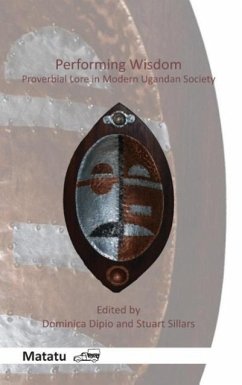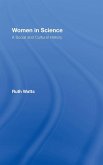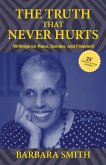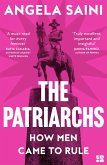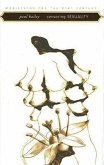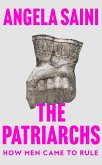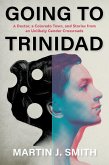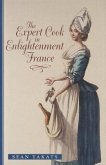This is the third collection produced by members of a six-year research project, funded by the NUFU (Norwegian Programme for Development, Research, and Education), whose concern was to find, preserve, and analyse 'orature' - spoken forms of all kinds, both their unique qualities and their equivalence in importance to 'literature'. A major focus was the ways in which forms of orature can be made relevant to the demands of rapidly developing nations faced with insistent problems (HIV/AIDS, administrative needs, shifts in social and familial structure, the changing roles of women). Both innovative and archival, the essays explore older legends and modern performances to outline their positive and dynamic contribution to a protean society. Some contributors address the ways in which traditional forms may be adapted: e.g., via new media to combat the HIV/AIDS pandemic and to educate children in social and individual responsibility. Traditional narratives and children's songs can function to counter cannibalism and child sacrifice. Less dark aspects of contemporary society also receive attention. Traditional patterns of leadership are adapted to today's conditions, especially by offering women models in the form of earlier figures and their actions. Two essays analyse the use of proverbs in the speeches of political candidates and discussing traditional music festivals as celebrations of traditional kingship and rule. Others examine the nature and operation of specific forms of orature - riddles and their subtle alteration according to performer and audience; concepts of heroism; stories of origin; and variants of 'Little Red Riding Hood'. These sensitive analyses are framed by pieces from members of the research project in Norway and Uganda.
Bitte wählen Sie Ihr Anliegen aus.
Rechnungen
Retourenschein anfordern
Bestellstatus
Storno

